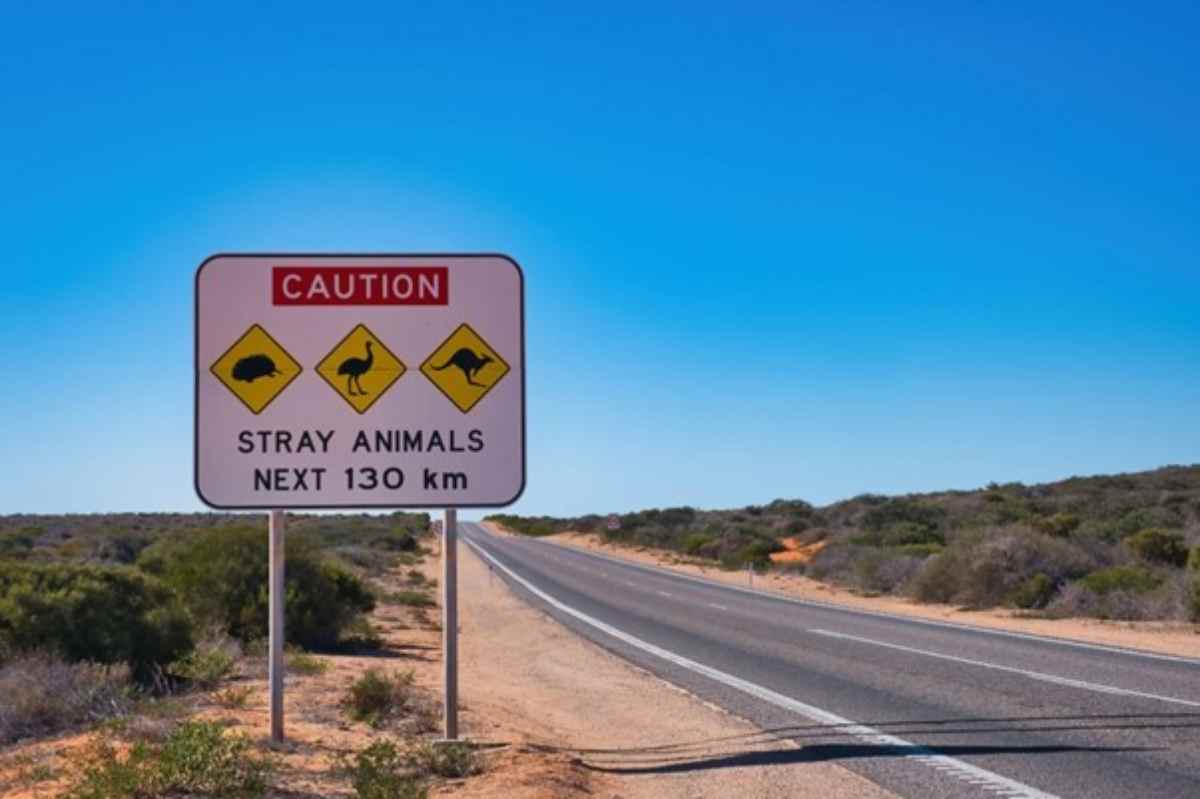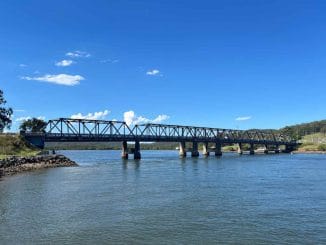 Travel Tips – Travelling Australia is as wide a topic as the country is vast – it can’t be blanketed into a single experience. Instead, domestic travel offers Australians an endless range of experiences that ensures you never get bored of your home soil.
Travel Tips – Travelling Australia is as wide a topic as the country is vast – it can’t be blanketed into a single experience. Instead, domestic travel offers Australians an endless range of experiences that ensures you never get bored of your home soil.
Whether you’re a seasoned Aussie explorer or it’s your first time venturing out of the city, arming yourself with knowledge is the best place to start.
Here, we’ll avoid giving you another random assortment of travel destinations to add to your bucket list. Instead, this article will help to ensure that your exploration is done safely and responsibly. Consider the following guide to be a go-to handbook on how to prepare for domestic travel so that you can make the most of your holiday.
Secure travel insurance cover
Just because you aren’t going overseas, it doesn’t mean you don’t have to secure travel insurance. In fact, travelling in Australia can be just as dangerous for domestic tourists as for international tourists. Especially if you’re preparing for a trek through the Red Centre or other similarly isolated regions.
With this in mind, it’s imperative that you secure domestic travel insurance cover in advance to reduce your risks of being out-of-pocket if you do require medical assistance, lose your luggage, have to cancel flights or accommodation, or any of the other unforeseen and wholly unhappy happenstances that can occur on any getaway.
First Aid Kits
Whilst you may have access to emergency services, you should still aim to not have to use them. As such, having a first aid kit among your belongings really is a no-brainer.
There are a few ways you can build your own first aid kit, however most basic kits can be picked up from your local chemist. In addition to a standard first aid kit, having insect repellent and a snake bite kit could also be advisable for those going off the beaten track. Seasoned Aussie travellers will know just how essential these products are for virtually all travel destinations across the country.
Whatever you pack, be sure you know the ins-and-outs of your kit and how you may need to use it. Whether you’re treating heatstroke or soothing the latest batch of annoying mozzie bites, it’s always handy to know some basic first aid training.
Slip, Slop, Slap, and Slide
Or some alliterated variation of that. It’s a sun safety slogan we all remember from our childhood, but these suggestions are not just applicable to the playground. As a domestic traveller, you may or may not know that Australia has stronger UV rays than other countries, meaning we sadly lead the world in skin cancer rates.
The best cure is always prevention for sun damage. So it’s ideal to keep in mind that the sun is at its strongest around midday. Try to avoid being exposed to the sun at all during these hours. If you do have to be outside however, be sure to wear a hat, sunglasses, sunscreen, and where possible stay in the shade. Top tip: remaining hydrated will help keep your body’s temperature regulated. Which can also reduce your risks of overheating or experiencing heat stroke.
Wildlife Safety
Australia is home to many weird and wonderful creatures. And whilst common sense would tell us to steer clear of snakes and crocodiles, the fluffy and adorable fauna can also be dangerous. If you come across wildlife, don’t engage or try to feed them – just admire and snap a few photos from a safe distance.
However, wildlife safety isn’t simply about keeping you safe from them, but them safe from you. Driving off-road and in wildlife-prone areas at dusk or night can pose a significant risk to kangaroos and even to your car. If you don’t know an area, it is best to keep your high beams on where possible, and drive slowly.
Research your travel destination
With all these safety considerations made, another foundational preparatory step you should take is providing yourself with a bit more context or background on your travel destinations. Truthfully, there is a lot more to researching a travel destination than simply checking reviews online.
You should also aim to dive into the must-dos, must-packs, risks, dangers and other seasonality considerations that can help you plan accordingly for your own trip. To properly assess the potential risks that you may run into during your travels. Aim for a well-rounded, unbiased and honest description of your chosen holiday destination.
As we all know, Australia is infamous for rapidly changing weather. It is paramount that you prepare for every possibility. Understanding the geography and climate of your destination will allow you to adequately organise your itinerary. Thankfully, most local websites run by council or state government bodies will have a section that advises travellers on the best way to contact emergency services. As a general rule of thumb, you should always make sure you know how far your nearest emergency service is.
And then there’s the cultural knowledge you accrue when researching thoroughly. Whilst staying practical and safe is enough motivation to do your research. Being able to understand the rich historical significance of a location to local indigenous peoples is also invaluable for enriching your Aussie travels.
Not only will it help you take the most out of your experiences and connection to your travel. It will also ensure that you are a continuing part of protecting and preserving heritage. There is a plethora of knowledge that indigenous communities hold about the land on which they live. And being a mindful and respectful traveler means understanding the sacrality of these spaces as you interact and engage with them.
Stay Connected
The final and most important tip we have is to keep well connected. Make sure your phone has all the emergency numbers necessary for the area you will be visiting. It might also help to download weather alert apps or relevant maps to aid on your journeys. It also helps to make sure you have some battery packs available. And charged up so that you’re never caught with a low battery.
In addition to being well connected to emergency services. Inform someone (family or friends are great) of your itinerary. Especially if you plan on travelling in remote or isolated areas.



